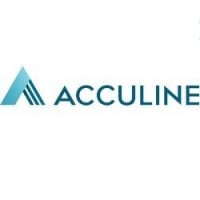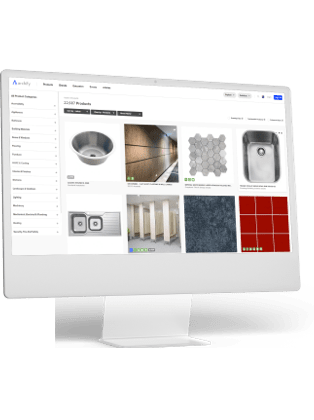Hard vinyl or soft vinyl wall sheet? It’s one of those big decisions you need to make when fitting out healthcare interiors, and there are a number of differences which need to be taken into account. We compare the performance of both types in four key areas: cost, aesthetics, maintenance and environmental factors.
COST
By way of comparison, rigid vinyl stands out at first glance. It’s cost-effective, but slightly more expensive than soft vinyl options in terms of the overall upfront investment. What gives hard vinyl options the edge, however, is the extended life cycle of the product. The superior durability of hard vinyl makes it a low maintenance option, and cost savings are accrued over the long term because less labour is needed to keep corridors and walkways looking great all year round.
AESTHETICS
The durability of hard vinyl offers superior aesthetic finishes and appeal. Because it is a more robust material, it is far less likely to sustain damage compared to soft vinyl options, which can take the form of dents, scratches and tears. Hard vinyl maintains that “new” look longer than soft vinyl does, and doesn’t evoke the same unkempt look that torn vinyl gives to the feel of the space. It’s also a safety and hygiene issue, because tears in soft vinyl can harbour and breed infections.
MAINTENANCE
It’s no secret that interiors in the healthcare sector come in for a lot of abuse, but that doesn’t automatically mean they get locked into an endless cycle of maintenance and repair. Hard vinyl is easier to clean, less likely to sustain damage and has a superior impact resistance finish that makes it an extremely low maintenance option. Soft vinyl requires a higher level of effort to maintain its appearance and structural integrity over the long term, and is more prone to dent or tear upon impact.
ENVIRONMENT
With the long-term durability taken into consideration, hard vinyl is an environmentally responsible option. The other thing you might not be aware of is that they contain no phithalates and no halogenated fire retardants. This is good news as far as the environment is concerned, and makes them a safe and non-toxic option for human contact – safety also comes into play because they are fungal and bacterial resistant too. Hard vinyl is also fully recyclable, which minimises its environmental impact.
Australia













